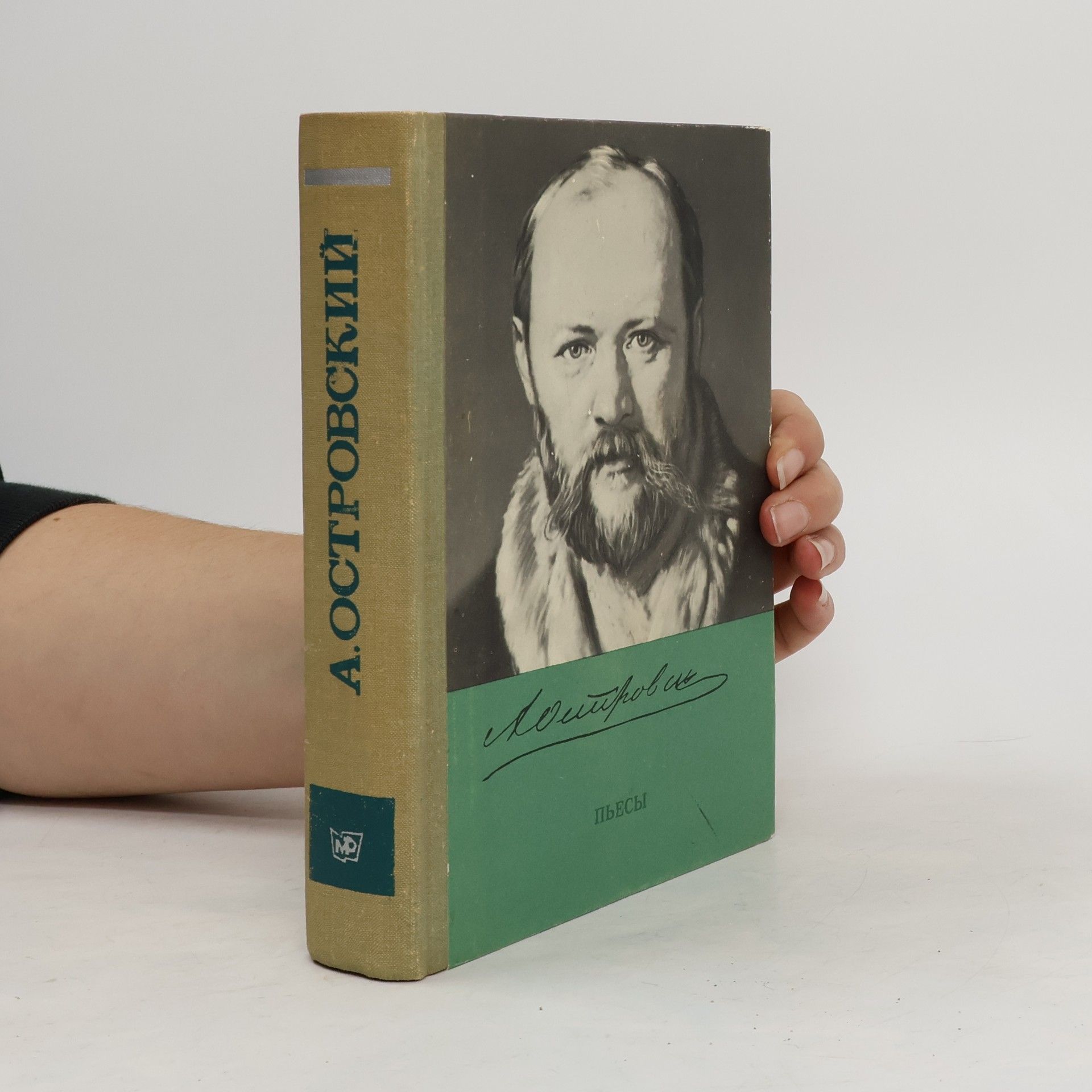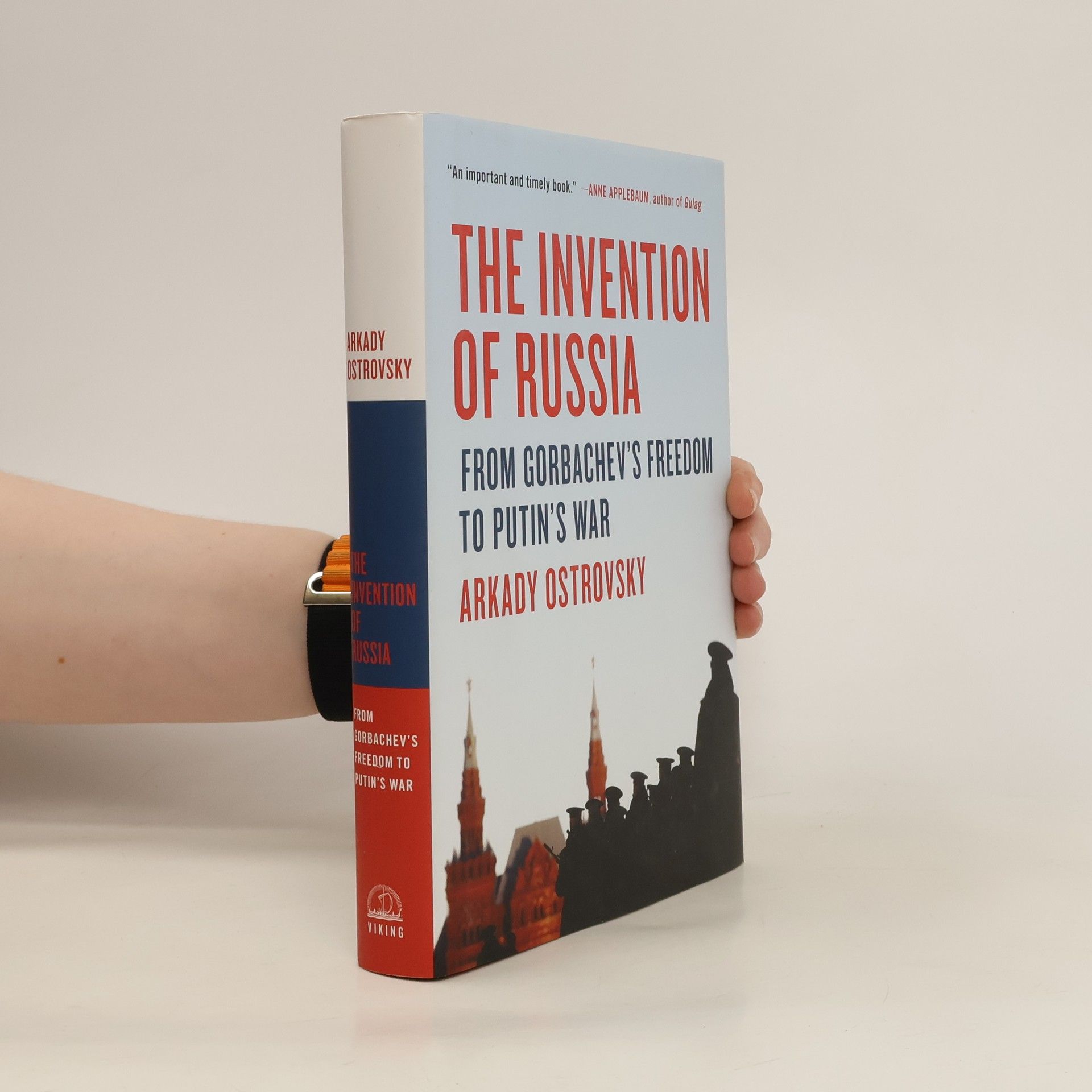Invention Of Russia
- 374 stránek
- 14 hodin čtení
WINNER OF THE ORWELL PRIZE, CORNELIUS RYAN AWARD, AND FINALIST FOR THE LIONEL GELBER PRIZE, THIS BOOK IS A FINANCIAL TIMES BOOK OF THE YEAR. Praised for its fast-paced and engaging writing, it offers a dispassionate yet readable analysis of Russia's transformation. After the breakup of the Soviet Union, a wave of optimism swept the globe, but today, Russia is entrenched in subversive information warfare, manipulating media to destabilize its adversaries. This narrative explores how a nation that once embraced freedom and reform devolved into an autocratic police state, increasingly confrontational towards America. The author, a respected Moscow correspondent for the Economist, draws on personal experience and deep knowledge of key figures to illuminate Vladimir Putin's rise and enduring power. He examines Putin’s hybrid warfare tactics and the alarming escalation of military interventions. Notably, one of Putin's first actions was to reinstate media censorship, and the author argues that the media has played a more significant role in shaping Russia's fate than its politicians. Putin's brand of demagogic populism, characterized by nationalism and a disregard for facts, has found echoes in global politics, notably in figures like Donald Trump.

